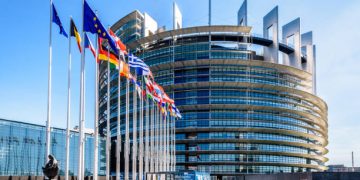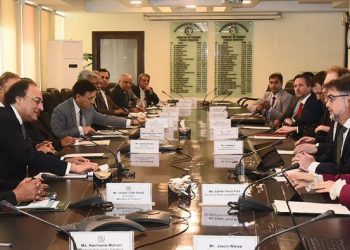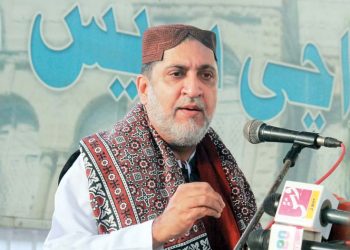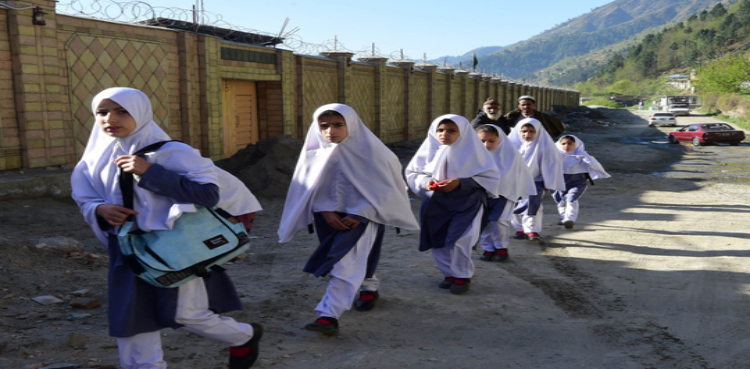Advisor to the Prime Minister on Finance Abdul Hafeez Shaikh presented the Pakistan Economic Survey 2019-20 on Thursday, prepared by the ministry of finance.
Hafeez Sheikh highlighted the state of the Pakistani economy in the outgoing fiscal year and said COVID – 19 hits the economy hard.
The advisor highlighted the friable state of the economy, which was ravaged considerably by the COVID-19 pandemic in the last quarter of the year.
The document stated that fundamental weaknesses of Pakistani economy, low tax to GDP ratio, poor savings rate and minimal export growth with negligible value addition etc. were further attenuated by misaligned economic policies like loose monetary policy and overvalued exchange rate which has made it difficult to control twin deficits; the fiscal and the current account.
Click here to download the lete economic survey
The stabilization process gained momentum whthe commencement of the IMF’s 39-months Extended Fund Facility (EFF) arrangement program in July 2019. The stabilization measures implemented to reduce the twin deficits had a profound impact on economic activity during the year. As the new fiscal year FY2020 began, the economy started to witness a remarkable turnaround which confirmed that the Government has taken appropriate policy actions to address the macroeconomic imbalances.
This, in the short term, fueled demand and short-term growth, but has gradually eroded macroeconomic buffers, increased public debt and depleted international reserves. Moving along this path was unsustainable as it was moving the country towards ever slowing growth and eventual default. The shift in economic policy undertaken by the present government, through its policy of adjustments and structural reforms, has changed the course entailing readjustment in the fiscal and monetary policies.
The stabilization efforts paid off in terms of sustained adjustment in current account deficit and continued fiscal prudence. For the first time in many years, the current account deficit posted a surplus in October, FY2019. While primary balance continued to remain in surplus during the current fiscal year. During JulyMarch, FY2020, fiscal deficit has been reduced to 4.0 percent of GDP, while current account deficit reduced by 71 percent during July-April, FY2020.
In addition stable exchange rate, healthy growth in FDI (126.8 percent), improved ranking in World Bank’s ease of doing business index, and ‘Stable’’ credit outlook to B3 from ‘Negative’ by Moody’s, reaffirmed the successful policies of Government in stabilizing the economy and laying a foundation for robust growth
Hafeez said that the GDP is expected to contract 0.38% in FY 2020 despite 2.67% growth in the agricultural sector, as the industrial and services sectors see growth of -2.64% and -0.59% respectively this year.
Shaikh revealed that the GDP is expected to contract 0.38% in FY 2020 despite 2.67% growth in the agricultural sector, as the industrial and services sectors see growth of -2.64% and -0.59% respectively this year.
Talking about measures taken by the government to arrest ballooning internal and external imbalances, Shaikh praised Prime Minister Imran Khan and army chief Gen Qamar Javed Bajwa for their role in managing expenditures. Noting that the state had cut down its expenditures, he highlighted that at the same time, public spending had been increased.














































